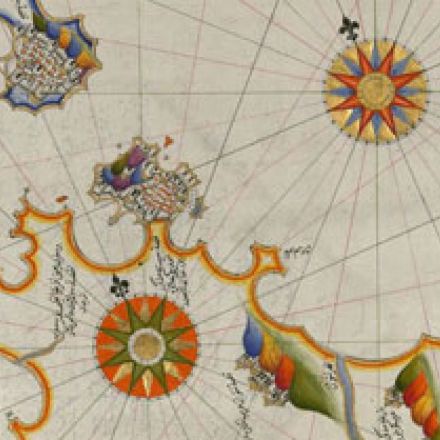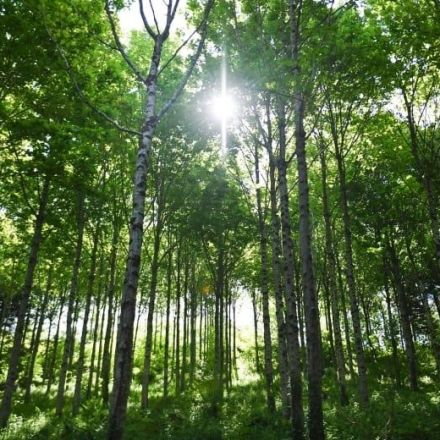
Friday, 31 May 2019
Planting more trees 'one of the best things we can do' to reduce carbon in the air
GM fungus 'kills 99% of malaria mosquitoes'
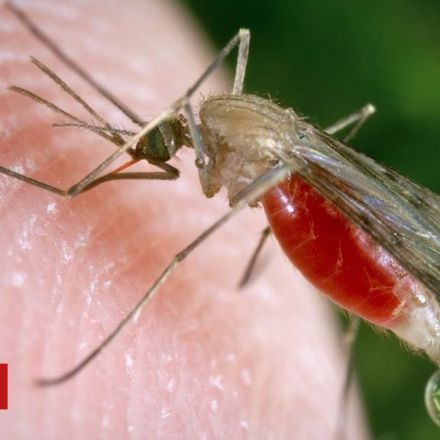
Coal and gas are far more harmful than nuclear power – Climate Change: Vital Signs of the Planet
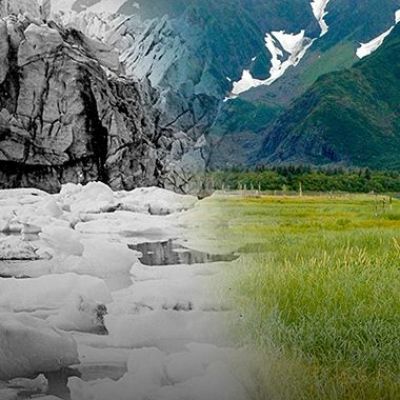
Why Hundreds of Puffins Washed Up Dead on an Alaskan Beach
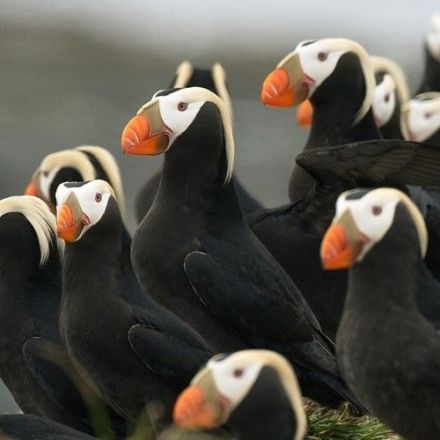
Sweden’s recycling is so revolutionary the country has run out of rubbish
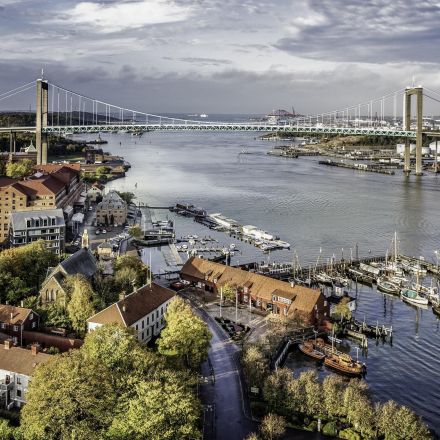
New organic flow battery brings decomposing molecules back to life

Photographer 'overwhelmed' by eagle photo response

India becomes lowest-cost producer of solar power - ET EnergyWorld

The Radical Plan to Save the Planet by Working Less

Thursday, 30 May 2019
The Mysterious Origins of the Eye of the Sahara
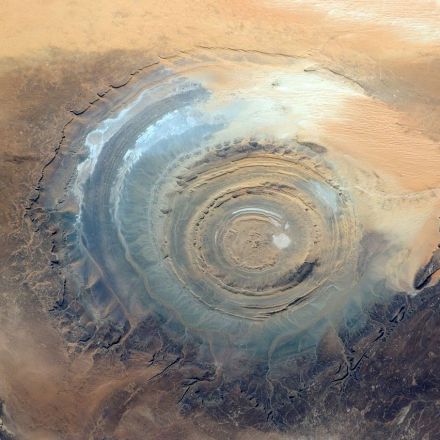
Complex life may only exist because of millions of years of groundwork by ancient fungi
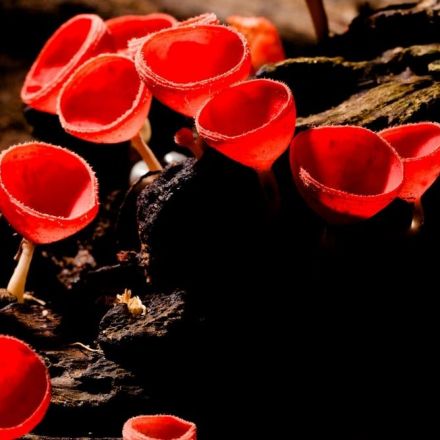
Connecticut House passes bill mandating education of human-induced climate change
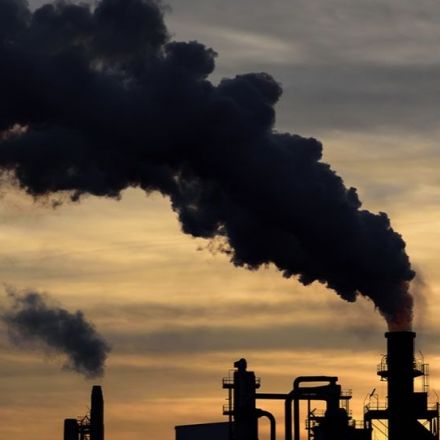
Scientists declare Earth has entered the 'Age of Man'
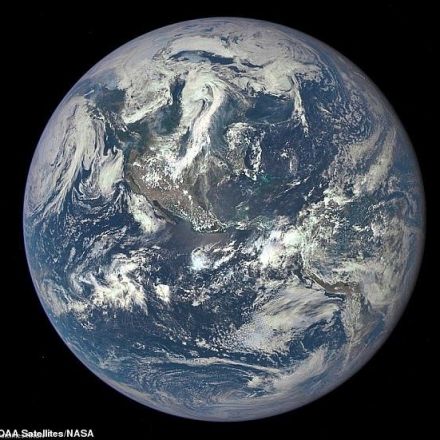
Wednesday, 29 May 2019
What an Extinct Bird Re-Evolving Says About “Species”
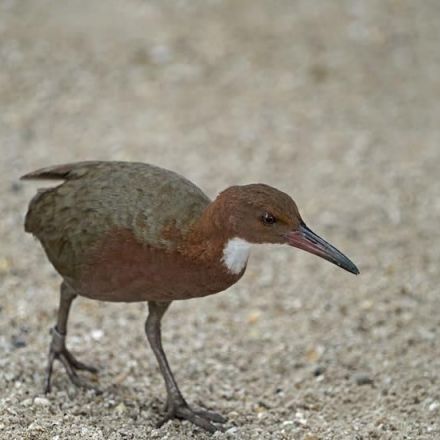
Africa calls for climate justice as green wave sweeps Europe
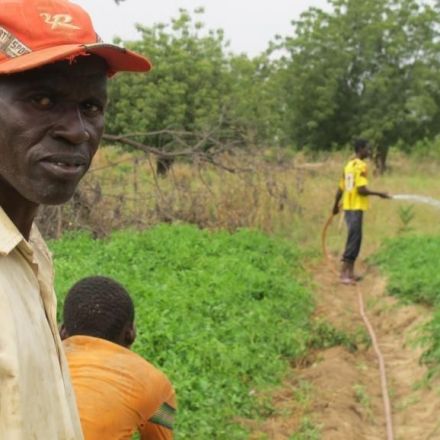
Is Jupiter's Great Red Spot Unraveling?

33m polluting cars still on EU roads after Dieselgate scandal
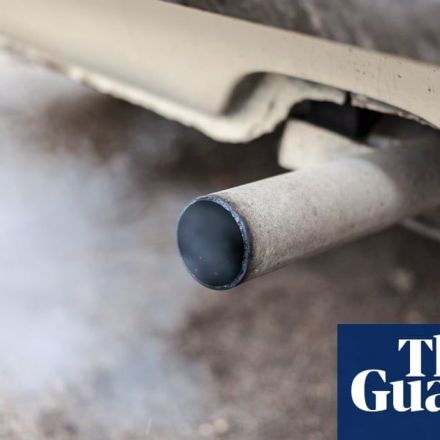
Chernobyl: the wildlife haven created when people left

'Blatant Attempt to Politicize the Science': Trump Reportedly Moving to End Long-Term Studies of Climate Crisis

Tuesday, 28 May 2019
Nuclear power decline ‘would lead to increased emissions’: IEA
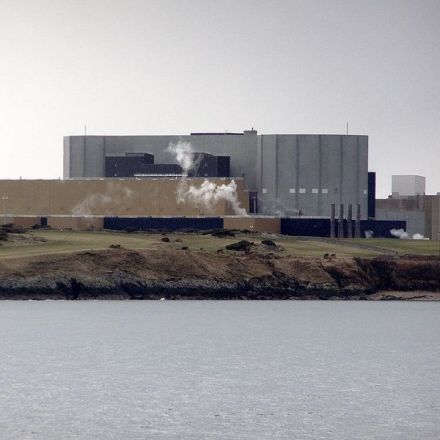
These scientists are setting a forest on fire — and studying it with drones
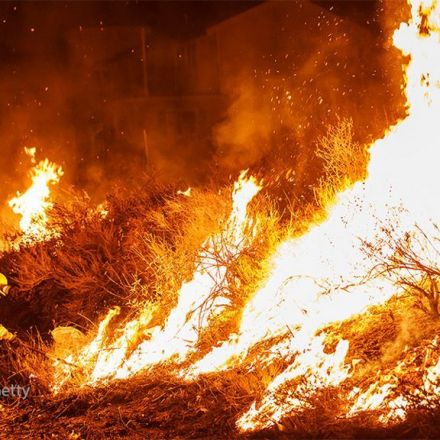
2,300-Year-Old Bark Shield Showcases a Previously Unknown Iron Age Technology
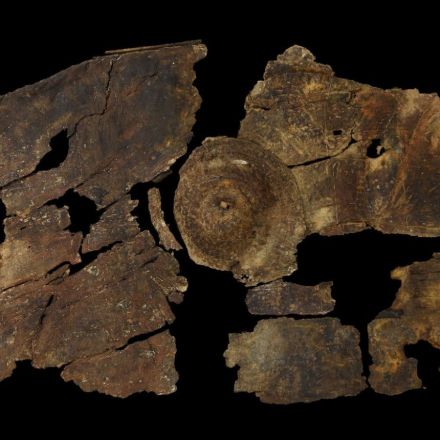
Monday, 27 May 2019
A 500-million-year survey of Earth's climate reveals dire warning for humanity
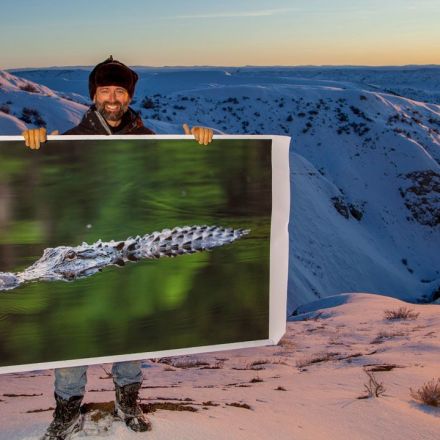
'Virgin birth': A captive anaconda became pregnant by herself and gave birth to two babies

How Trump Could Make the Extinction Crisis Even Worse
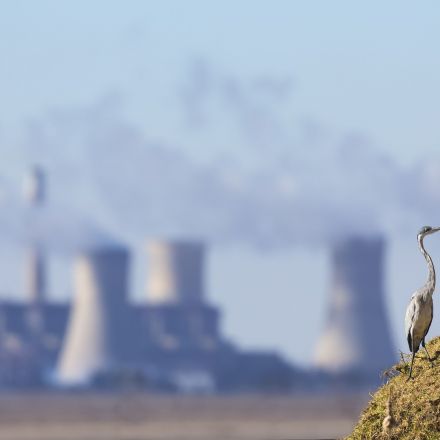
Historic U.S. Bill To Clean Up Recycling At The Bin And Save Billions

New US recycling bill to reduce waste and save billions of dollars

Sunday, 26 May 2019
We Can't Solve Climate Change Without Nuclear Power
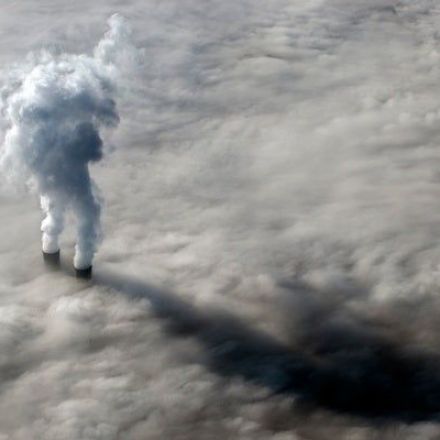
The Earth’s magnetic north pole is shifting rapidly – so what will happen to the northern lights?
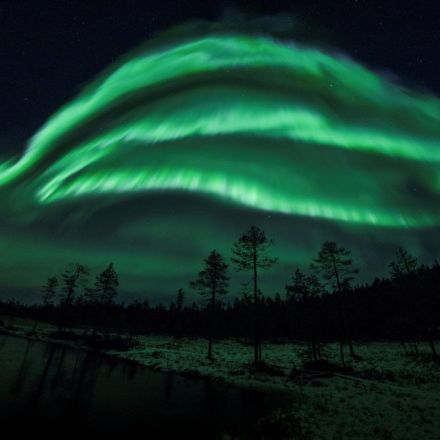
Egypt plans to plant 100 million olive trees by 2022
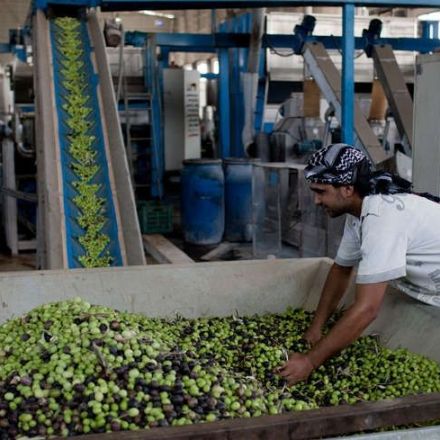
The alarming trend of beached whales filled with plastic, explained
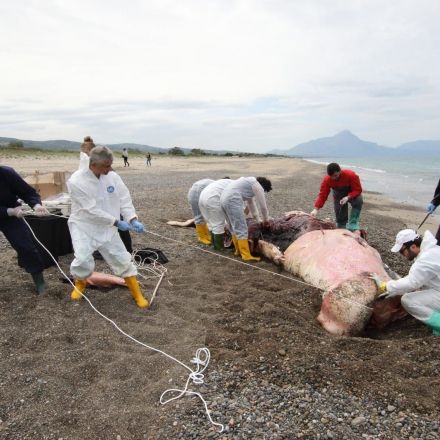
Dude, Where’s My Frontal Cortex? - Issue 72: Quandary - Nautilus

4 US States Scoring Under-the-Radar Clean Energy Wins
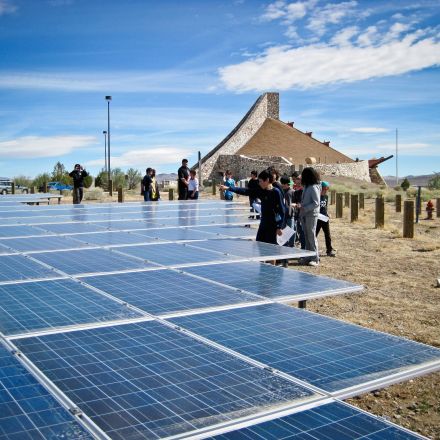
School climate strikes expected to be largest yet – as it happened (Live Updates)

We have less time than you think to jump-start climate action
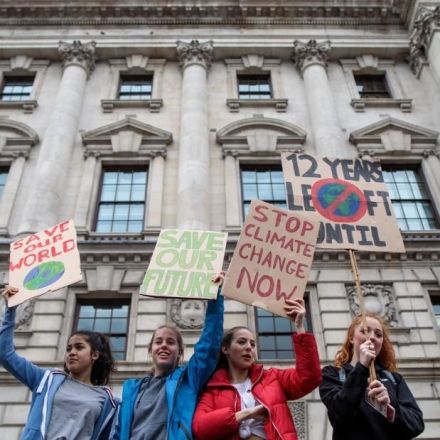
Climate change profoundly alters plankton populations
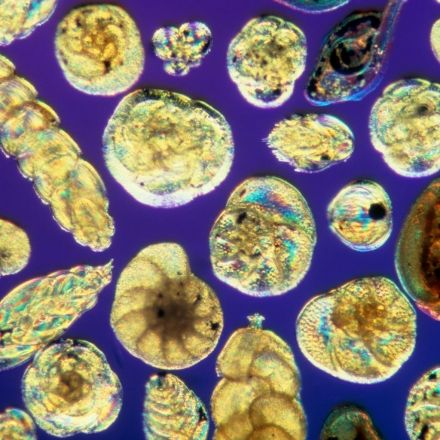
The most sustainable phone is the one you already own

Saturday, 25 May 2019
Solomon Islanders imprisoned for trying to stop the logging of their forests
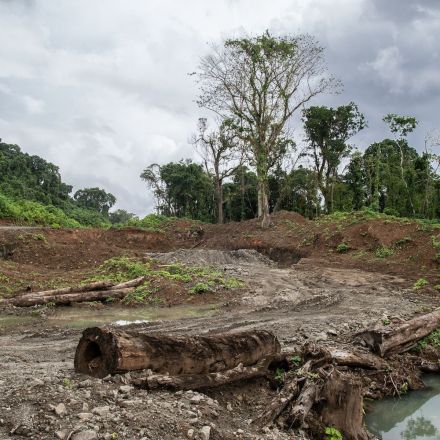
Friday, 24 May 2019
Cargo ships are the world’s worst polluters, so how can they be made to go green?
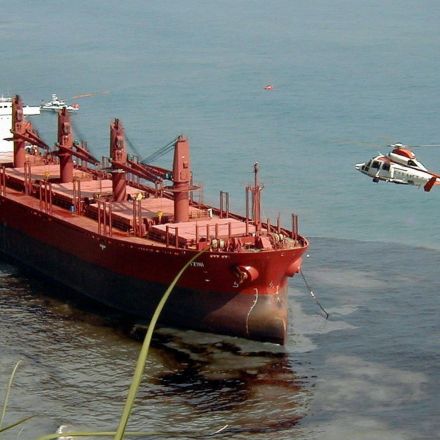
Plankton Haven’t Been the Same Since the Industrial Revolution

Geologists Discover Largest Underwater Volcano, Explain Weird Hum Heard Around the World

Republicans aren’t just climate deniers. They deny the extinction crisis, too

Healthy dog put down to be buried with owner

These tiny, mysterious fish may be key to solving coral reef ‘paradox’
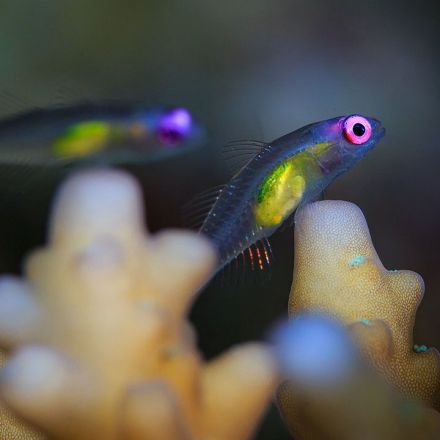
Thursday, 23 May 2019
Canada's garbage to be removed from the Philippines by end of June
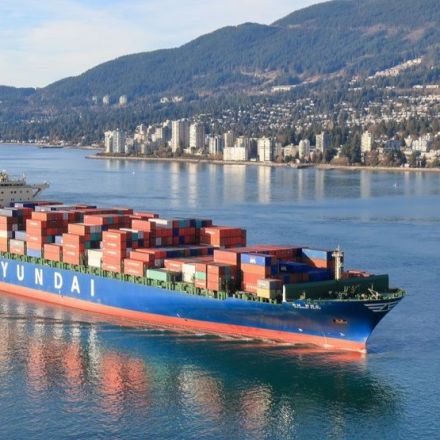
Geology Makes You Time-Literate
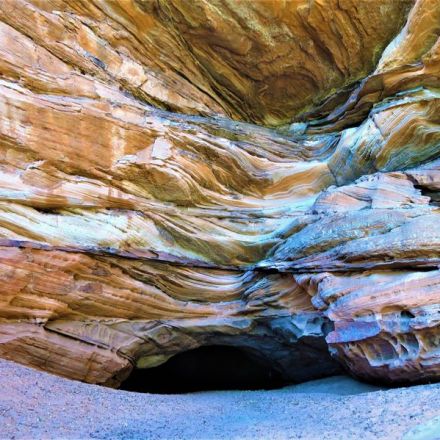
China is shredding the ozone layer with banned chemical emissions, study says
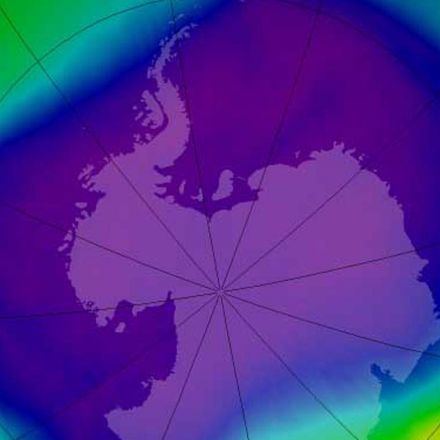
Subscribe to:
Comments (Atom)

